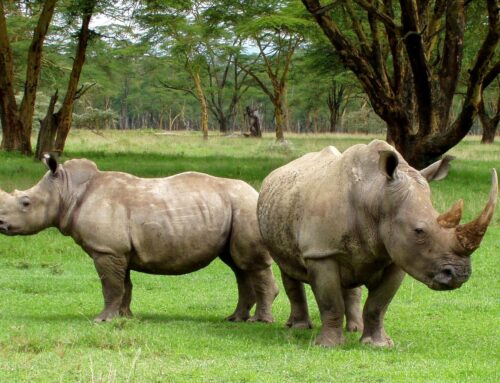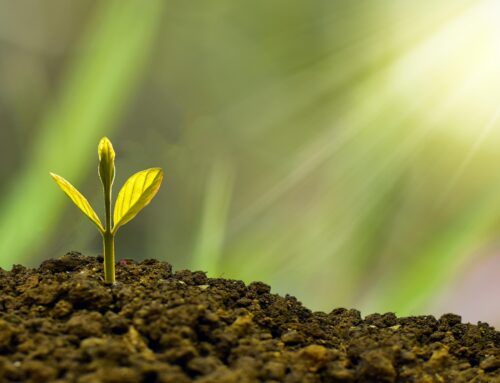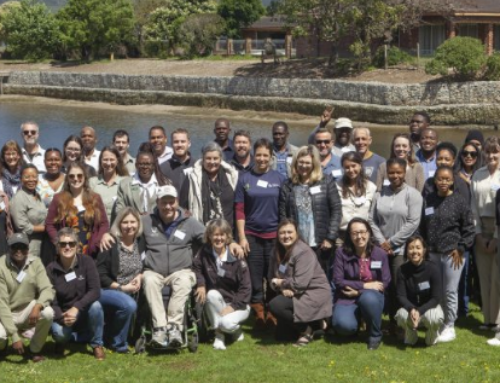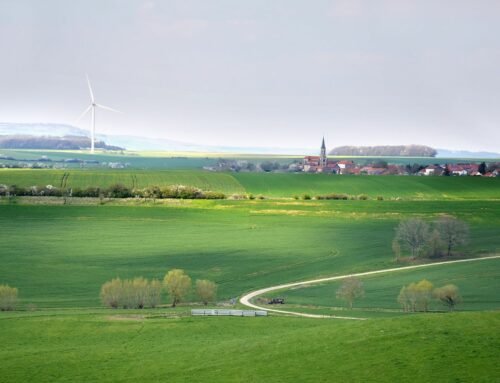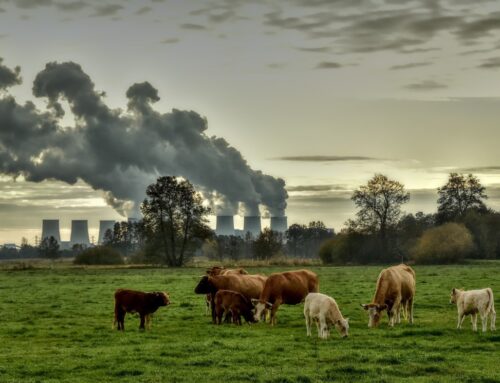Seeds of Good Anthropocenes Initiative:
Building sustainable, just and resilient futures in southern Africa
Deadline for applications: 15 January 2020
Project background
It is increasingly apparent that a fundamental reorganization of our societies is necessary to achieve a just society for all, while maintaining the environmental conditions that underlie human prosperity. As highlighted by major global initiatives such as Future Earth (https://futureearth.org/), escalating global challenges such as climate change, food and water security, biodiversity loss, socio‐political conflict and economic volatility, demand new approaches to researching and governing our environment and societies. It has become critical to recognize the complex inter‐relationships between human well‐being and ecological sustainability, combined with the power of human imagination and agency, while dealing with new and ongoing changes that may be fundamentally unknown and unpredictable. Social‐ecological resilience has emerged as one approach to addressing these challenges, and is increasingly regarded as essential to enabling sustainability transitions at local to global scales.
The Seeds of Good Anthropocenes initiative (https://goodanthropocenes.net/) draws on a social‐ecological resilience approach to inform and contribute to deep, systemic transformations towards socially and ecologically desirable, just, and sustainable futures. This initiative is an international collaboration, led by Prof Elena Bennet at McGill University in Canada, Prof Garry Peterson at the Stockholm Resilience Centre in Sweden, and Prof Reinette (Oonsie) Biggs at the Centre for Complex Systems in Transition (CST) at Stellenbosch University in South Africa. The underlying premise of the initiative is that any “Good Anthropocene” that emerges will be radically different from the world as we know it today, and cannot be fully predicted, planned for, or created. Rather, it will emerge through ongoing creation and adaptation of enabling conditions that allow more sustainable and just societal processes and institutions to become the dominant way of doing things. The starting point for the project is that examples of initiatives that could contribute to creating more desirable futures ‐ which we call “Seeds of Good Anthropocenes” ‐ already exist in the world around us, and under the right conditions, these seeds have the potential to grow, change and combine in surprising ways to create a variety of possible, radically alternative, positive futures.
Prof Reinette (Oonsie) Biggs, who holds the DST/NRF South African Research Chair (SARChI) in Social‐Ecological Systems and Resilience, and a team of researchers at the CST including Dr Rika Preiser, a leading complexity thinker, and Dr Maike Hamann, an ecosystem services and urban sustainability specialist, have played a lead role in the Seeds of Good Anthropocenes Project. We are specifically interested in visions of sustainable futures, and pathways to sustainability from a southern African perspective, and how these may differ from perspectives and approaches in other parts of the world. The CST builds on a strong history of transdisciplinary research and complexity studies at Stellenbosch University, providing a vibrant hub for solution‐oriented, transdisciplinary, sustainability science that hosts leading scientists and students from diverse disciplinary backgrounds in an interactive state‐of‐the‐art research centre. The primary objective of the CST is to provide transformational knowledge on the dynamics of multi‐scale social‐ecological change, and strategic insights into the new modes of research and governance that can bring about a just transition to a more equitable and sustainable society, in southern Africa and globally.
Call for applications
We seek motivated individuals interested to pursue either a Masters or a PhD linked to the Seeds of Good Anthropocenes initiative, who have a keen interest in sustainability and sustainability transitions, an interest and ability to integrate across the social and natural sciences, and who enjoy collaboration and working in teams. Interested individuals should have a strong academic track‐record, participate in the events and activities of the CST, and be interested in developing a career around topics such as social‐ecological systems, resilience and risk, complexity thinking, tipping points and regime shifts, biodiversity and ecosystem services, social innovation and sustainability transformations. A variety of topics could be pursued, relating to one or more of the following:
Masters:
Transforming cities: Urban seeds and ‐nature‐based solutions to global change
Narratives of African urban futures – a unique southern African/global South perspective on urban growth, sustainability, and transformation
Scenarios of biodiversity and ecosystem change in Africa – archetypes, SDGs, and knowledge gaps
The use of arts‐based approaches in developing scenarios of sustainable futures
PhD:
Exploring what makes specific seeds and initiatives resilient and potentially transformative, and what types of policies and interventions can foster and grow such initiatives
Tensions and trade‐offs between different scenarios of sustainable futures, for instance in terms of value systems, and which SDGs may be achieved
Supervisors will include Prof Reinette (Oonsie) Biggs, and one or more CST researchers, depending on the topic. Degrees will generally be registered within the School for Public Leadership in the Faculty of Economic and Management Sciences at Stellenbosch University, but other options can be considered.
Funding
Bursaries will be funded from the DST/NRF SARChI chair held by Prof Biggs, and topped up to the following values:
Masters full‐time over 2 years: R 120,000 pa (R 10,000 per month)
PhD full‐time over 3 years: R 138,000 pa (R 11,500 per month)
Tuition and reasonable running and travel expenses will also be covered.
The PhD will be preceded by a 6‐month pre‐doc funded at R10,500 per month to prepare a research proposal.
Successful completion and defense of the proposal will be a pre‐requisite for continuing with the PhD.
Requirements
All students applying for a Masters degree should have completed an Honours or four‐year undergraduate degree or equivalent to be eligible. Potential PhD candidates should have completed a Masters degree or equivalent. All candidates should show evidence of strong scholarly performance.
Applications are particularly invited from South African nationals and under‐represented groups. Successful candidates should ideally attend the CST orientation week 3‐6 Feb 2020.
To apply
Interested candidates should send:
a motivation letter (detailing your previous experience, your general area of interest, as well as an outline of potential research topics of interest),
a detailed CV that includes your academic record, previous work experience, any scientific publications on which you have been an author, and the names of at least two academic referees,
transcripts of academic qualifications,
at least one example of recent written work (e.g. a paper, report, thesis chapter).
Please submit your applications electronically to our dedicated email address: seschaircst@gmail.com
We encourage you to submit your application as soon as possible, but latest by 15 January 2020.



